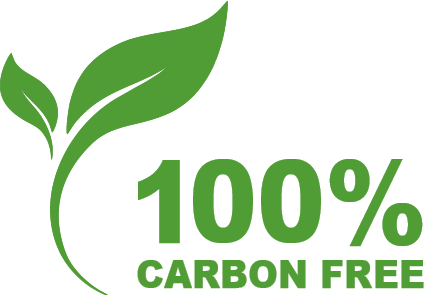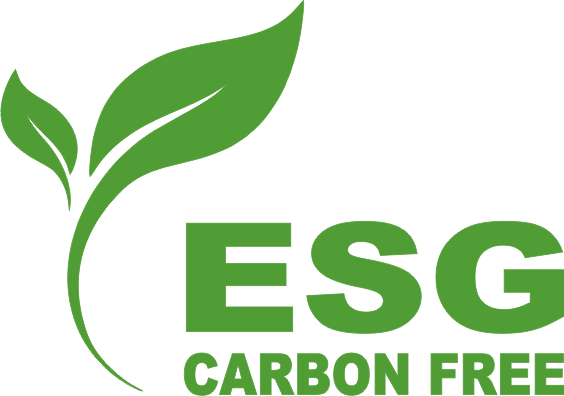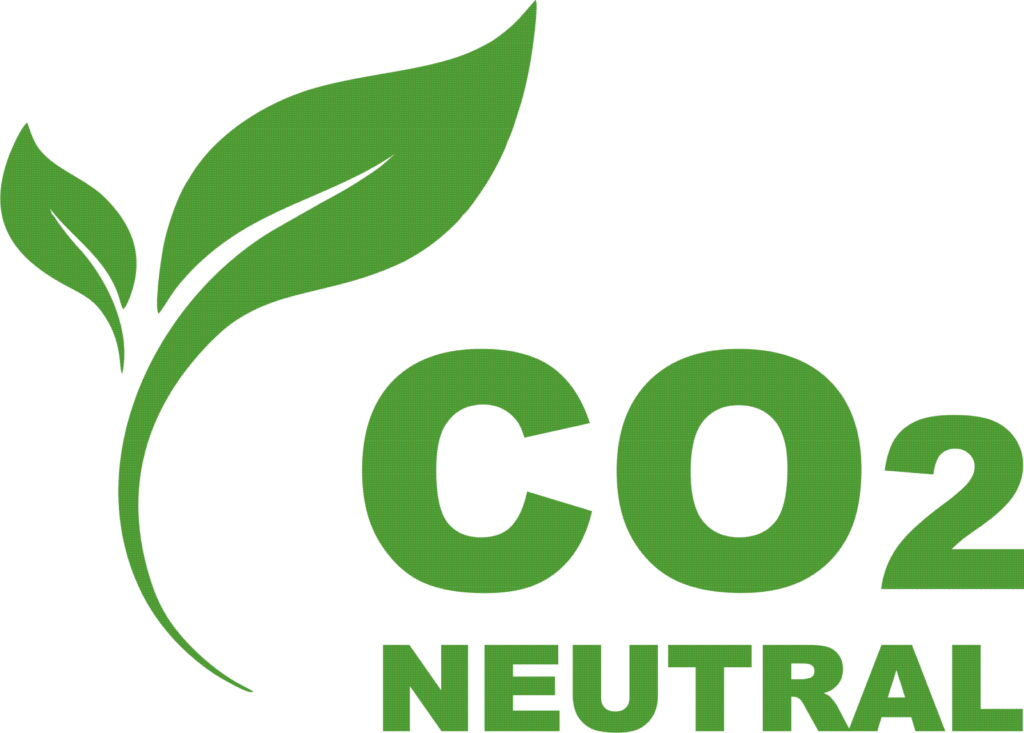ESG
RES Solutions with a commitment to nature
A new obligation for companies will be the preparation of non-financial ESG reports. Is operating such smart energy solutions a "plus point"?
It certainly does. ESG reporting is about more and more companies and is no longer just about presenting their sustainability activities. Good ESG score today significantly increases the chances and opportunities for companies to obtain funding from public or commercial institutions. As I mentioned earlier, our smart battery storage can help stabilise the grid in an emission-free way.
Battery storage and ESG and CO2 services along with comprehensive solutions for onsite and offsite energy and green carbon offsets are provided by RES solutions a.s. OZE Solutions a.s. is also a manufacturer of EV-GP battery storage systems with ISO9001 and ISO14001 certification.
RES Solutions a.s. has committed itself to reducing the carbon footprint of its operations by the end of 2025 to 0% CO2 by building real renewable energy sources with zero emissions. In addition, RES Solutions, Inc. also actively promotes and invests in planting more than 1,000 trees per year for its Real green certified CO2 cover, which roughly translates into a reduction of more than 50 tonnes of CO2 per year per 1,000 trees from 2025 onwards. In order to actively influence nature against global warming, it supports the activities of NGOs that are actively engaged in improving the environment.
So if you want to live in harmony with nature and reduce your own ecological footprint, contact us - we have a comprehensive system of solutions for reducing the carbon footprint for companies down to 0.00 %
100% Carbon Free a.s. provides unique solutions CO2 for quality ESG reports to those companies interested in leaving our planet more sustainable and greener.
We follow the GHG protocol for calculating the carbon footprint of CO2. We divide GHG emissions into :
Scope 1 by GHG are - direct GHG emissions that a company generates or controls - e.g. the burning of fuel in its vehicles,
Scope 2 by GHG are - indirect greenhouse gas emissions that are generated by purchasing energy such as electricity, heat, cold, gas, steam,... these create an opportunity to reduce the energy intensity of your business.
Scope 3 by GHG are - indirect GHG emissions that are generated in the company's value chain, such as goods and services delivered, employees, emissions generated with the disposal of waste produced by the company, business travel, transports, investments, rentals, distribution of products, service and maintenance of products sold, own products, disposal of products at the end of life,... these create opportunities to improve processes, use recycled products, ask suppliers to deliver services without a carbon footprint,
ESG score is a numberwhich is used to assess how well a company deals with risk and environmental, social and governance issues in its day-to-day operations.
ESG Scores usually range from 0 to 100with a score of less than 50 being considered relatively poor and more than 70 being considered good.
For ESG scores, some agencies also use letter grade A,B,C,D,E
The ESG score consists of three main categories : Environment, Social and Governance
Environment
The Environment category covers issues such as carbon footprint, energy efficiency, use of renewable energy, water use, pollution, waste management, impact on biodiversity, environmental friendliness, reduction of greenhouse gases, conservation of natural resources and sustainability of energy use.
Social - Social area
The Social category of the ESG score covers issues such as diversity and inclusiveness, fair pay, education, flexible working hours and other factors that affect companies' relationships with their stakeholders such as shareholders, employees, tenants, neighbors and business partners. A company's rating in this category typically focuses on how well the company takes care of takes care of its employees and how it relates to the local community, its consideration for employees, customers, suppliers and the communities in which it operates, including human rights, diversity, inclusiveness and charitable activities.
Governance
The Governance category of the ESG score covers issues such as transparency, ethics, accountability, independence, legal compliance, and other factors that affect the way a company runs its business. A company's score in this category typically focuses on how well the company is governed, its relationship with shareholders and how it manages the assets entrusted to it, its finances and obligations to the state, and how the company is managed in terms of ethics, transparency and stakeholder relations.
Sample of our partner's ESG certificate www.CRIF-ESG.sk




